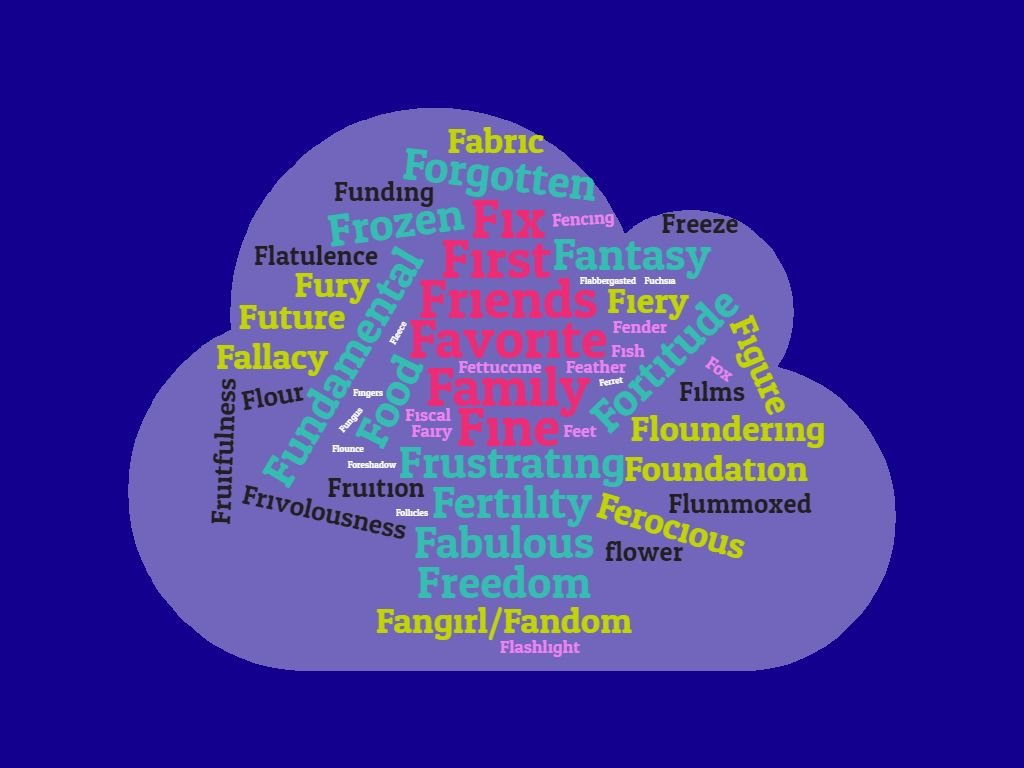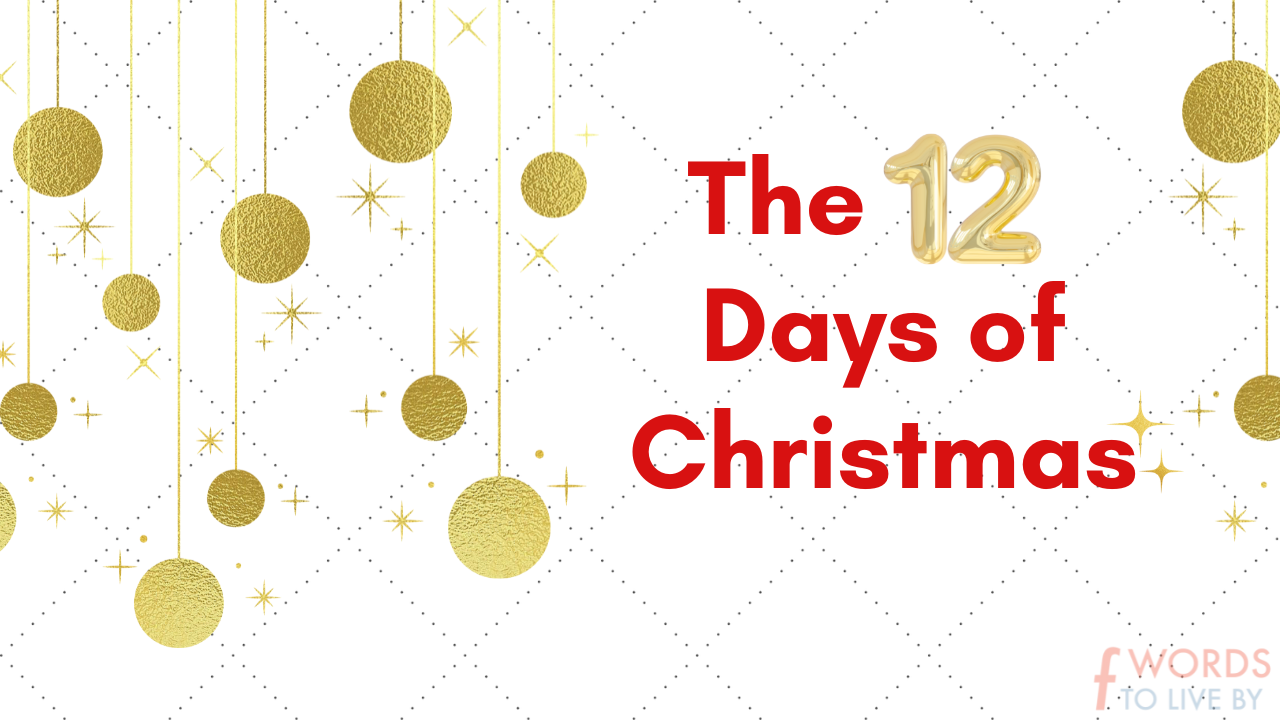The Power Of Profanity: Exploring The Use Of "F-Word" In Christmas Storytelling
The Power of Profanity: Exploring the Use of "F-Word" in Christmas Storytelling
Related Articles: The Power of Profanity: Exploring the Use of "F-Word" in Christmas Storytelling
Introduction
In this auspicious occasion, we are delighted to delve into the intriguing topic related to The Power of Profanity: Exploring the Use of "F-Word" in Christmas Storytelling. Let’s weave interesting information and offer fresh perspectives to the readers.
Table of Content
The Power of Profanity: Exploring the Use of "F-Word" in Christmas Storytelling

The holiday season is often associated with warmth, joy, and wholesome narratives. However, within the realm of Christmas storytelling, a surprising element has emerged: the use of the "F-word." This seemingly jarring inclusion has sparked debate and generated curiosity, prompting a deeper examination of its purpose and impact within the context of festive narratives.
While the word itself is considered vulgar and offensive in many contexts, its appearance in Christmas stories often transcends its typical connotations. It serves a multifaceted function, operating as a tool for:
1. Authenticity and Realism:
Christmas stories are often idealized portrayals of familial warmth and community spirit. However, the inclusion of the "F-word" can inject a dose of realism, reflecting the complexities and imperfections of human nature, even during the holidays. It acknowledges that life, even amidst the festive cheer, can be messy, stressful, and occasionally frustrating. This can create a relatable and authentic narrative, resonating with readers who recognize their own experiences reflected in the story.
2. Character Development and Conflict:
The use of profanity can be a powerful tool for character development. A character’s use of the "F-word" can reveal their personality, emotional state, and social background. It can also create conflict and tension within the narrative, highlighting the challenges and struggles faced by characters during the holiday season. This can lead to a more nuanced and compelling story, where characters are portrayed with depth and complexity.
3. Social Commentary and Critique:
The inclusion of the "F-word" can serve as a powerful form of social commentary. It can challenge traditional notions of Christmas as a purely joyful and peaceful event, highlighting the realities of poverty, inequality, and social injustice that persist even during the holiday season. This can be a way for authors to engage with contemporary issues and provoke thought about the complexities of the holiday season.
4. Humor and Satire:
In some cases, the "F-word" can be used for comedic effect, subverting expectations and creating a humorous contrast against the typically saccharine tone of Christmas stories. This can be a way for authors to add a layer of irony and satire to their narratives, offering a humorous perspective on the holiday season and its associated traditions.
5. Emotional Impact and Catharsis:
The "F-word" can be used to evoke strong emotional responses from readers. It can express anger, frustration, or despair, providing a cathartic release for characters and readers alike. This can be particularly impactful in stories that explore themes of loss, grief, or trauma, allowing characters to express their pain in a raw and authentic way.
FAQs about the "F-word" in Christmas Storytelling:
Q: Is it always appropriate to use the "F-word" in Christmas stories?
A: The appropriateness of using the "F-word" depends heavily on the context and intent of the author. It is crucial to consider the target audience and the overall tone of the story. In some cases, it can enhance the narrative, while in others, it can be jarring and detract from the intended message.
Q: How can authors use the "F-word" effectively?
A: The key to using the "F-word" effectively is to ensure it serves a clear purpose within the narrative. It should not be gratuitous or used solely for shock value. Instead, it should be integrated into the dialogue, character development, or plot in a way that contributes meaningfully to the story.
Q: What are the potential risks of using the "F-word" in Christmas stories?
A: Using the "F-word" can alienate some readers who find it offensive or inappropriate. It can also detract from the overall tone and message of the story, particularly if it is used in a way that feels forced or gratuitous.
Tips for Using the "F-word" in Christmas Storytelling:
- Consider your audience: Think about the age and sensibilities of your intended readers.
- Use it sparingly: Avoid overusing the word, as it can become repetitive and lose its impact.
- Integrate it organically: Ensure the word feels natural within the context of the story and character dialogue.
- Justify its use: The word should serve a clear purpose, whether it’s to reveal character traits, create conflict, or offer social commentary.
Conclusion:
The inclusion of the "F-word" in Christmas stories is a complex and multifaceted issue. While it can be considered offensive or inappropriate in many contexts, its use within the realm of storytelling can serve a variety of purposes, from adding realism and authenticity to provoking social commentary and exploring complex emotions. Ultimately, the effectiveness of this unconventional language choice depends on the author’s skill in integrating it into the narrative in a meaningful and purposeful way.








Closure
Thus, we hope this article has provided valuable insights into The Power of Profanity: Exploring the Use of "F-Word" in Christmas Storytelling. We hope you find this article informative and beneficial. See you in our next article!